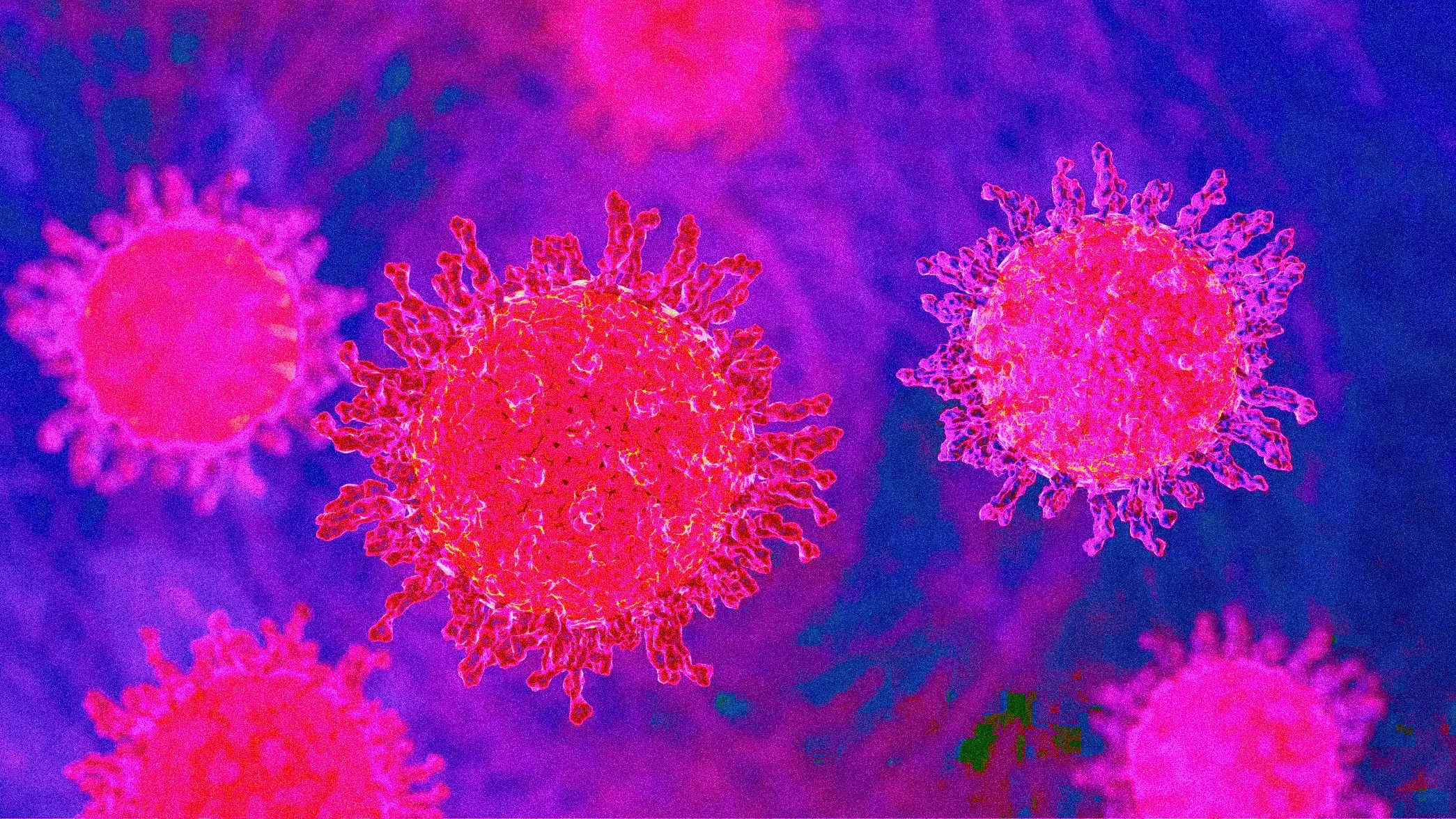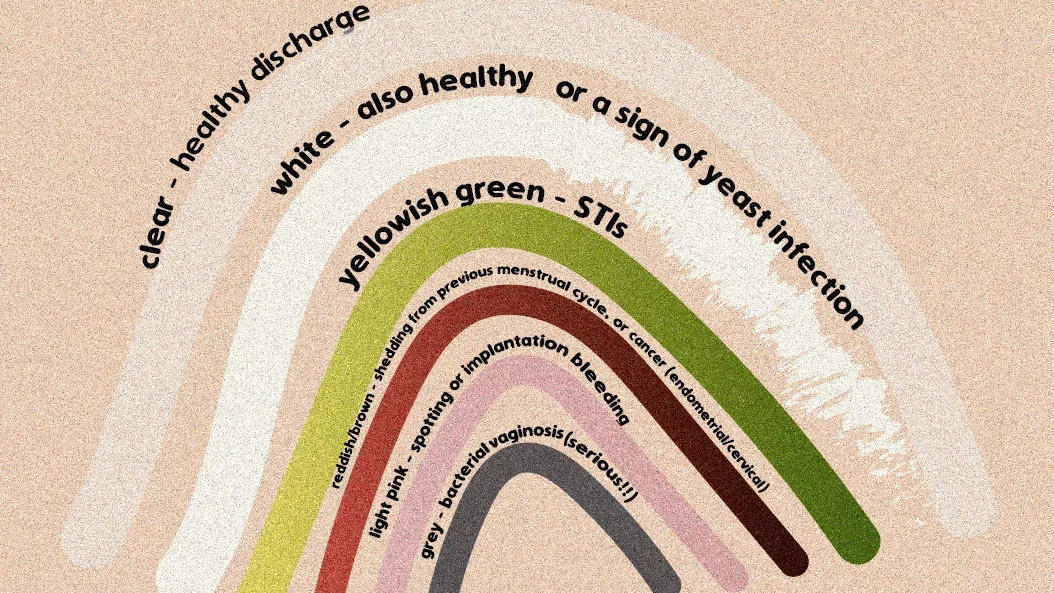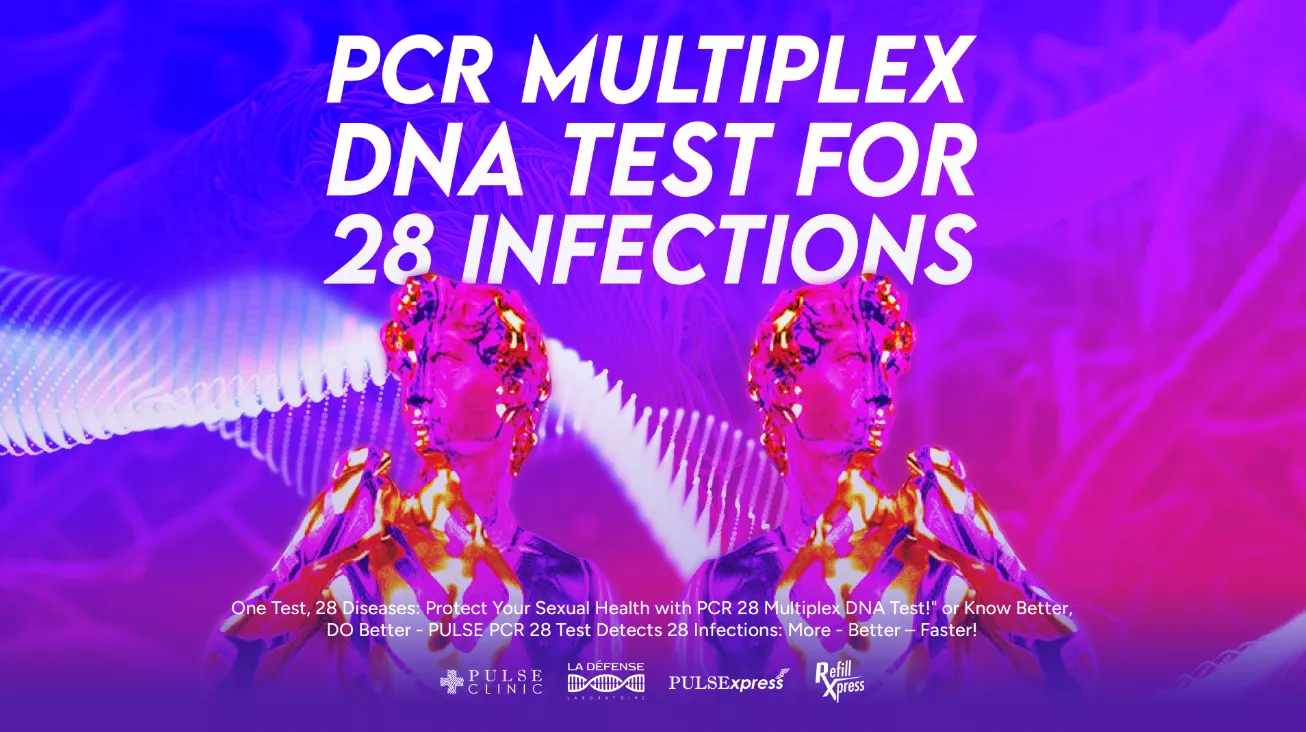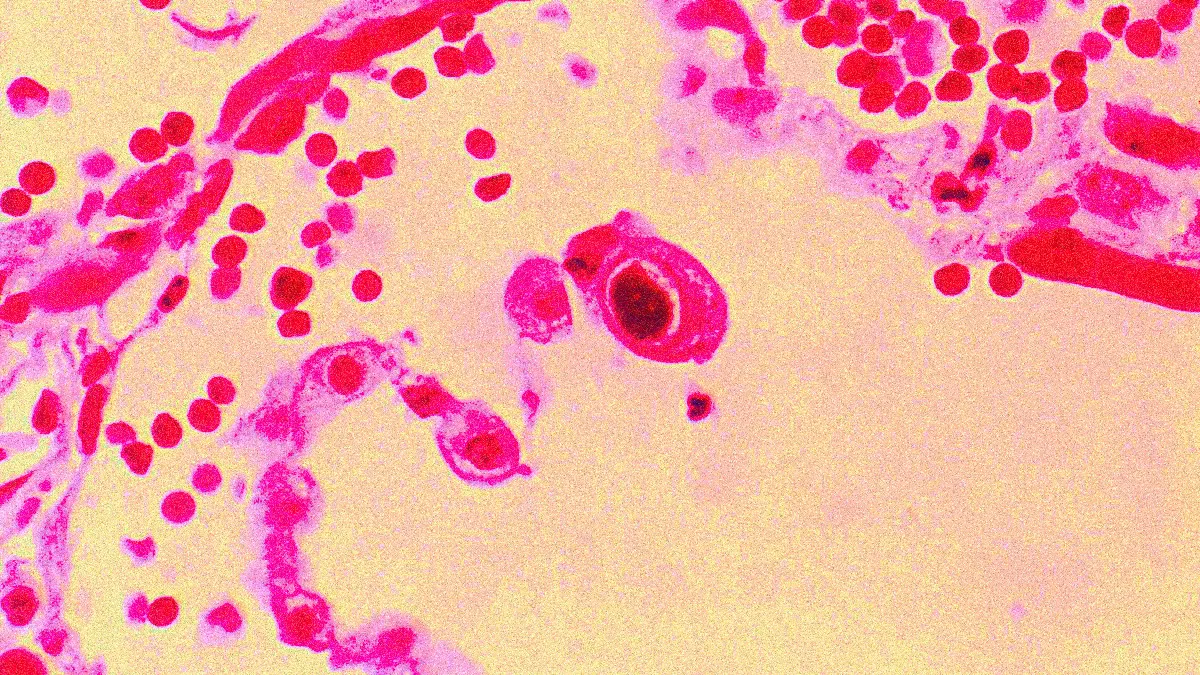Mycoplasma Hominis - Cause, Symptoms, Testing & Treatment
10673
Symptoms of Mycoplasma Hominis can be subtle or absent. Testing involves 28 PCR test using urine or swabs. Treatment requires tailored antibiotics.
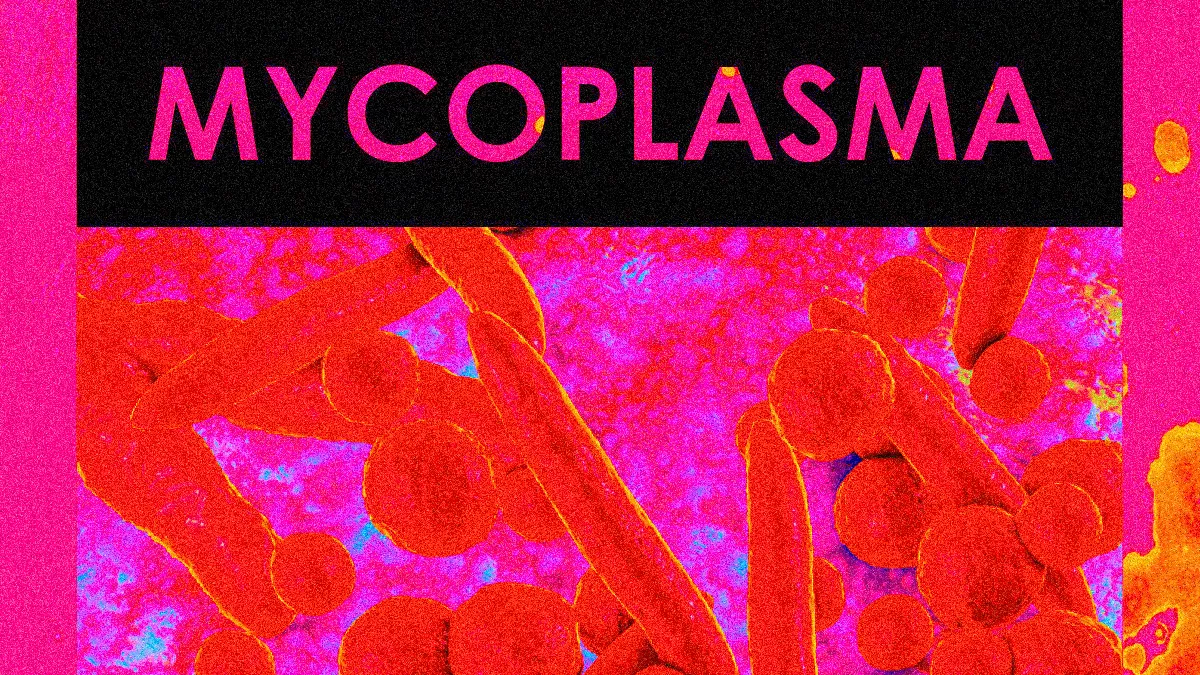
What is Mycoplasma hominis?
Mycoplasma hominis is a common type of bacteria known as a mollicute, and it is typically found in the urinary tract of almost all individuals. While it is usually harmless, Mycoplasma hominis can sometimes lead to infection, which can be transmitted through sexual contact.
What sets it apart from some other sexually transmitted infections (STIs) is that even monogamous couples who have been exclusive for years can suddenly experience a Mycoplasma hominis infection.
How is Mycoplasma hominis Transmitted?
Mycoplasma hominis is primarily transmitted through sexual contact, including vaginal, oral, and anal sex. It can also be passed from a mother to her baby during childbirth. Most infections occur in sexually active individuals, but it's worth noting that some people may carry the bacterium without experiencing any symptoms.
What are the symptoms of Mycoplasma hominis?
Many people infected with Mycoplasma hominis do not have any symptoms. However, in men, it may cause symptoms such as pain or discomfort while urinating or penile discharge. Women may rarely experience symptoms, but Mycoplasma hominis can be associated with bacterial vaginosis, which can cause abnormal vaginal discharge.
Oral Symptoms:
- Sore throat or discomfort in the throat.
- Redness or inflammation in the oral cavity.
- Pain or discomfort while swallowing.
- Presence of white patches or lesions on the tongue, gums, or inner cheeks.
Penile Symptoms
- Pain or burning sensation during urination.
- Discharge from the penis, which may be clear, white, or yellowish.
- Itching or irritation in the genital area.
- Redness or inflammation of the penis.
- Pain or discomfort in the testicles (rarely)
Vaginal Symptoms
- Abnormal vaginal discharge may be thin, watery, or greyish-white in colour.
- Unpleasant odour from the vaginal discharge.
- Itching or irritation in the vaginal area.
- Pain or discomfort during sexual intercourse.
- Pain or discomfort while urinating.
Anal Symptoms
- Itching or irritation around the anus.
- Discomfort or pain during bowel movements.
- Presence of abnormal discharge from the anus.
- Redness or inflammation of the anal area.
- Bleeding from the rectum (rarely).
Urinary Symptoms:
- Increased frequency of urination.
- Urgency to urinate.
- Pain or burning sensation during urination.
- Discomfort or pressure in the lower abdomen.
- Blood in the, although this is rare.
General Symptoms
- Fever or mild flu-like symptoms.
- Abdominal pain or discomfort.
- Fatigue or a general feeling of unwellness.
- Increased frequency of urination.
- Lower back pain (rarely).
It is important to note that not everyone infected with Mycoplasma hominis will experience symptoms, and the severity of symptoms can vary from person to person.
The symptoms of a Mycoplasma hominis infection are similar to those of many other STIs, often resembling gonorrhoea or chlamydia. However, it is essential to note that individuals infected with Mycoplasma hominis may also remain asymptomatic, meaning they do not experience noticeable symptoms.
If you suspect you may have a Mycoplasma hominis infection, it is recommended to consult a healthcare professional for an accurate diagnosis and appropriate treatment.
Window Period of Mycoplasma Hominis
Typical Duration:
The window period for Mycoplasma hominis can vary significantly and may range from a few days to several weeks. However, unlike some sexually transmitted infections (STIs), symptoms may not always manifest clearly.
Early Symptoms:
- If symptoms do appear, they may develop within 1 to 3 weeks after exposure. Common early symptoms can include:
- Unusual vaginal or penile discharge.
- Pain during urination (dysuria).
- Pelvic pain or discomfort.
- In women, it can also lead to conditions like pelvic inflammatory disease (PID) if left untreated.
In summary, while the window period for Mycoplasma hominis can vary, it is essential to monitor for symptoms and seek medical advice if there has been potential exposure to this bacteria.
PCR Multiplex DNA Test for 28 Infections 




Our STD PCR Multiplex test offers advanced technology to detect up to 28 infections, including Gonorrhea, Chlamydia, Syphilis, Herpes Simplex, Trichomonas, and Candida strains, all in one test. It can identify infections in various anatomical areas, such as the throat, urethra, anorectal region, vagina, cervix, sperm, and skin lesions. For urethral infections, the Urine PCR is recommended, while the Throat Swab PCR is ideal after oral sex. Anal Swab PCR is advised for unprotected anal sex, and the Vaginal Swab PCR is recommended for vaginal sex, with staff guidance available for all tests.
| PCR for 28 Infections (STD Multiplex) | Online results | |||
| Same day** | Next day | 3 days | 7 days | |
| Throat | 14,000 THB | 11,600 THB | 10,480 THB | 9,200 THB |
| Urine | 14,000 THB | 11,600 THB | 10,480 THB | 9,200 THB |
| Anal Swab | 14,000 THB | 11,600 THB | 10,480 THB | 9,200 THB |
| Vaginal Swab | 14,000 THB | 11,600 THB | 10,480 THB | 9,200 THB |
| Cervical Swab | 14,000 THB | 11,600 THB | 10,480 THB | 9,200 THB |
| Sperm | 14,800 THB | 12,640 THB | 11,600 THB | 10,080 THB |
| Skin Lesion Swab | 14,000 THB | 11,600 THB | 10,480 THB | 9,200 THB |
| Pooling | 15,600 THB | 13,280 THB | 12,400 THB | 10,800 THB |
| PCR for 2 Infections (Gonorrhea/Chlamydia) | Same day | Next day | 3 days | 7 days |
| Throat | 5,690 THB | 4,990 THB | 3,990 THB | 3,300 THB |
| Urine | 5,690 THB | 4,990 THB | 3,990 THB | 3,300 THB |
| Vaginal and Cervical Swab | 5,690 THB | 4,990 THB | 3,990 THB | 3,300 THB |
| Rectal Swab | 5,690 THB | 4,990 THB | 3,990 THB | 3,300 THB |
| Sperm* | 6,200 THB | 5,150 THB | 4,100 THB | 3,690 THB |
| Skin lesion Swab | 5,690 THB | 4,990 THB | 3,990 THB | 3,300 THB |
Contact us at info.bkk@pulse-clinic.com or chat on your preferred platform:
![]() +66 65 237 1936
+66 65 237 1936  @PULSEClinic
@PULSEClinic ![]() PulseClinic
PulseClinic
Trust PULSE CLINIC to take care of your health like other 45000 people from over 130 countries. We provide discreet professional service with high privacy. Here to help, not to judge.
Some of the 6 other STIs that have similar symptoms to Mycoplasma Hominis (MH)
- Mycoplasma genitalium: Mycoplasma genitalium is closely related to Mycoplasma hominis and can cause genitourinary infections. It is associated with symptoms such as urethritis (inflammation of the urethra), cervicitis (inflammation of the cervix), and pelvic inflammatory disease (PID) in women.
- Chlamydia trachomatis: Chlamydia trachomatis is one of the most common bacterial STIs worldwide. It can cause infections in the genital tract, leading to symptoms such as urethritis, cervicitis, pelvic inflammatory disease, and in some cases, infertility.
- Neisseria gonorrhoeae: Neisseria gonorrhoeae is the bacterium responsible for gonorrhea, another common bacterial STI. It primarily affects the mucous membranes of the genital tract but can also infect the rectum, throat, and eyes. Symptoms may include discharge, painful urination, and sometimes, can lead to complications such as pelvic inflammatory disease.
- Trichomonas vaginalis: Trichomonas vaginalis is a protozoan parasite that causes trichomoniasis, a common STI. It infects the urogenital tract and can cause symptoms such as vaginal itching, abnormal discharge, and pain during urination or sexual intercourse.
- Gardnerella vaginalis: Gardnerella vaginalis is a bacterium that can cause bacterial vaginosis (BV), a common vaginal infection. Symptoms may include abnormal vaginal discharge, itching, and a foul odor.
- Candida spp: Candida spp., particularly Candida albicans, can cause yeast infections in both men and women. Symptoms include itching, burning, and a thick white discharge.
What are the complications of Mycoplasma hominis
The association of Mycoplasma hominis infection with complications in pregnancy, pelvic inflammation, and infertility is still under debate, and conclusive data is lacking. However, research suggests a potential correlation between Mycoplasma hominis infection and conditions such as ectopic pregnancy, early delivery, miscarriage, and neonatal fever and infection.
Complications may include:
- Ectopic pregnancy: Mycoplasma hominis infection may be associated with an increased risk of ectopic pregnancy, where the embryo implants outside the uterus.
- Early delivery: In some cases, Mycoplasma hominis infection has been linked to premature labor and early delivery.
- Miscarriage: Some research suggests a correlation between Mycoplasma hominis infection and an increased risk of miscarriage.
- Neonatal fever and infection: If a pregnant woman is infected with Mycoplasma hominis, there is a possibility of transmitting the infection to the new-born, potentially leading to fever and infection in the baby.
- Epididymitis: Mycoplasma hominis infection may cause inflammation of the epididymis, a coiled tube located behind the testicles. This can result in pain, swelling, and discomfort in the scrotum.
- Prostatitis: Infection of the prostate gland, known as prostatitis, can occur as a complication of Mycoplasma hominis infection. This may cause urinary symptoms such as pain, difficulty urinating, and discomfort in the pelvic region.
- Urethritis: Mycoplasma hominis can cause inflammation of the urethra, known as urethritis. Symptoms may include pain or burning during urination, increased frequency of urination, and discharge from the penis.
If you are concerned about these potential complications, it is recommended that you consult with a healthcare professional for appropriate evaluation and guidance.
Diagnosis and Treatment
Mycoplasma hominis can be diagnosed through culture tests, where the bacterium is grown from urine or swab samples, or polymerase chain reaction (PCR) tests that detect bacterial DNA.
Treatment of Mycoplasma hominis infection typically involves the use of antibiotics. The choice of antibiotics depends on the presence of any antibiotic resistance in the specific strain of Mycoplasma hominis.
Mycoplasma hominis is a commonly found bacterium in the urinary tract of both men and women, with the potential to cause infections, mainly through sexual transmission. Although many infections are asymptomatic, Mycoplasma hominis can lead to various genitourinary and extragenital complications. Proper diagnosis, treatment with appropriate antibiotics, and preventive measures can help manage and prevent the spread of Mycoplasma hominis infections.
PULSE Teleconsult: Connect with Doctors Anytime, Anywhere!
PULSE now offers PULSE Telemedicine & Teleconsult, enabling both new and existing patients to connect with doctors over 20 branches across 6 countries during clinic hours for non-emergency consultations. After the consultation, medications are delivered directly to the patient's doorstep.
3 Easy Steps to Get a Teleconsult with PULSE!
- Connect with us Either on WhatsApp, or Line App to Chat with us or call us to talk with our staff to request teleconsult.
- Verification & Consultation Our team will guide you through the verification process before your online consultation. Our doctors provide virtual consultations via available platforms, just like a traditional visit—only from the comfort of your home! Access care anywhere, anytime.
- Get Your Treatment From Home! If your doctor determines that medication is necessary, they will provide you with a medical certificate and prescription. Your medication can be delivered to your address through our online delivery service, or in some cases, you may choose to use the prescription at a local pharmacy. For certain conditions, further lab tests may be required, and the doctor may recommend scheduling an appointment at one of our clinics near you!
Test of Cure After Treatment with Our Teleconsult Services: Ensuring Complete Recovery
After completing treatment through our teleconsult services, your doctor may recommend a PCR test as a follow-up test of cure. This is to ensure the effectiveness of the treatment and that the prescribed medication has successfully eliminated the infection. We prioritize your health by confirming that no infection remains in your system, helping to prevent persistent or recurrent infections, complications, or the development of drug resistance. Typically, this test is performed around three weeks after your final day of treatment to ensure optimal results.
Teleconsult is now available for booking through our staff at PULSE Clinic. Our team will help guide you through the process to ensure your session with one of our doctors goes as smoothly as possible for you.
Contact us at info.bkk@pulse-clinic.com or chat on your preferred platform:
PCR Test for 28 infections! One Test, Fast Treatment, and Peace of Mind!
Add us on Line and stay in touch.
Loading...
Clinic Locations
Loading...



